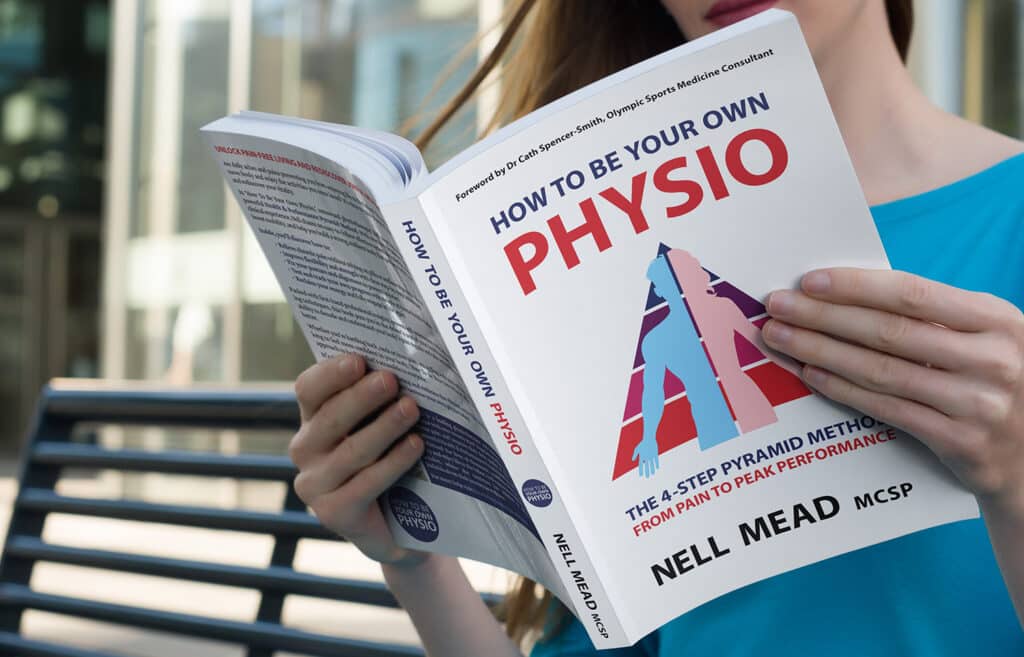Manual therapy means hands-on treatment that involves the skilled manipulation and mobilisation of soft tissue, joints, muscles, organs and body systems. Manual therapy techniques include (but are not limited to) joint mobilisation, soft tissue mobilisation, muscle energy techniques, visceral manipulation, high velocity joint manipulation, fascial mobilisation, craniosacral listening, lymphatic stimulation and manual traction – and I’m trained and experienced in all of these techniques.
However, the most important thing about any treatment modality – whether that’s manual therapy, electrotherapy, exercise therapy or anything else – is why we do it. And the reason for doing manual therapy is if it helps my patients to move more freely and easily, and to activate muscles that they were previously struggling to use.
There are many reasons that people struggle to move well after an injury, from joint stiffness after a period of immobility, to fear of movement because their nervous system is expecting pain, to muscle spasm, to fascial dehydration, to neural or lymphatic compression – and many more. And the goal is always to achieve normal, pain free, strong, unthinking movement. But in many situations, physical touch – and its more technical manual therapy counterparts that I’ve listed above – can help to take away some of the barriers to movement, and help to restore confidence.
So in my clinic, we will often start with some hands-on treatment, but the intention of it is always to help you feel more comfortable and confident when you move, and to make it easier for you to do the exercises that will help you to achieve your functional goals.








